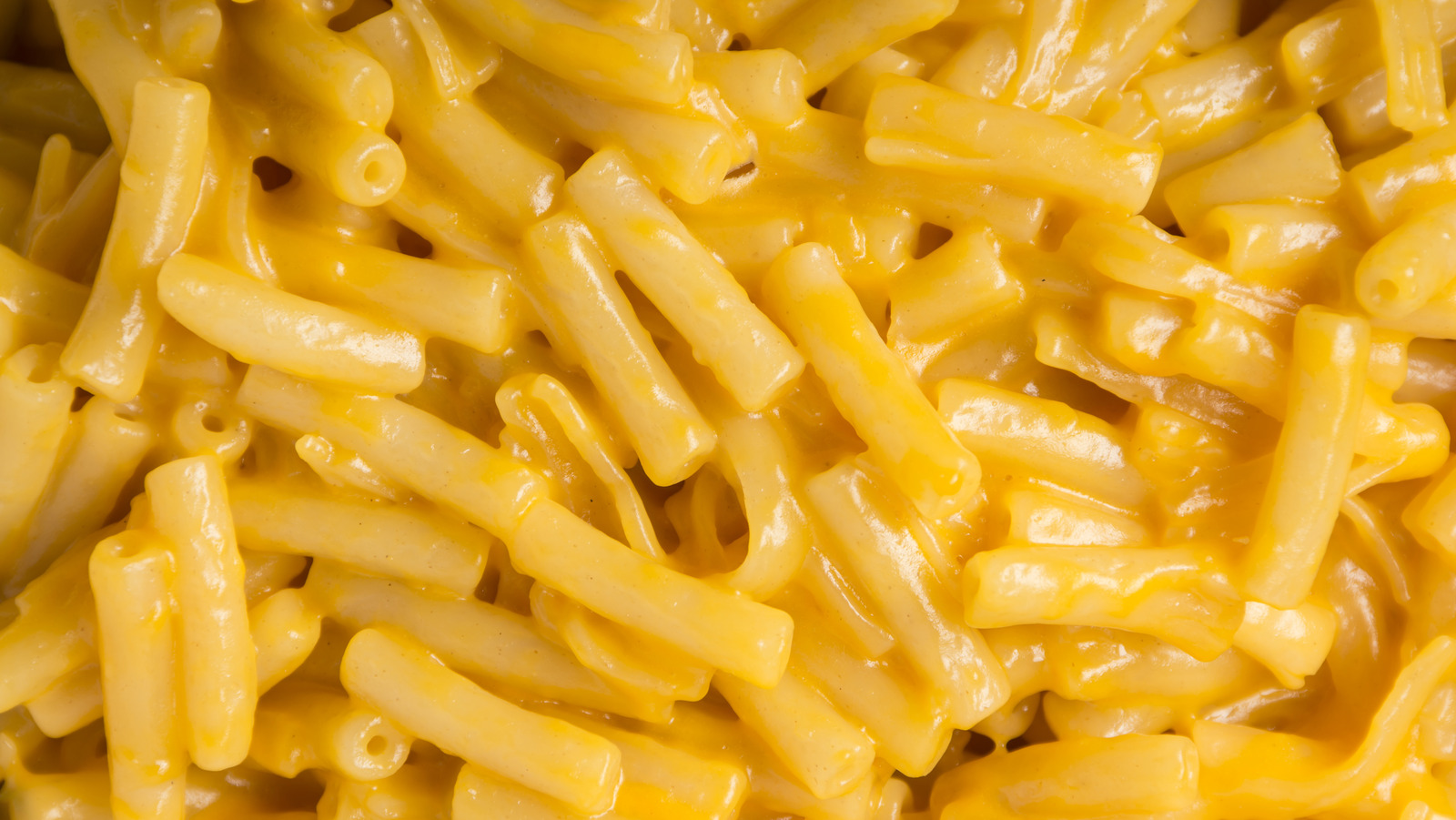Chinese pork prices hit new highs, prompting authorities to act
Chinese pork prices hit a new high in August, prompting authorities to dip into national meat reserves for the first time this year to secure supplies for the holidays.
Pork costs in China rose an average of 22.5% last month compared to last year. It followed the largest monthly increase on record of 25.6% in July, as the CPI also hit a two-year high of 2.7%. The August rise came despite an unexpected slowdown in CPI inflation to 2.5%. of a vital stabilization policy.
Ahead of last weekend's Mid-Autumn Festival and the upcoming Chinese National Day on October 1, authorities announced that 'they released reserves for the first time this year.
The staple meat is the most weighted item in the food basket used by economists to determine the country's consumer price index, and the government reserve is maintained for ensure stability of supply and prices. In 2019, pork prices hit a record high after an outbreak of African swine fever spread across the country.
The recent spike was attributed to high demand during the holiday season, the high cost of feed and the lagging impact of reduced breeding stock last year. People were also at home cooking more, some suggested. Chinese residents have been discouraged from traveling due to several Covid outbreaks, and some have been confined.
"There are more people eating pork because they have found free time to cook," said Ms. Wang, a 53-year-old factory worker in Zhuhai. "This holiday season, families and friends gather for meals, so there is a growing need for pork."
Some producers have also been accused of conserving their stocks, contributing to a supply shortfall.
In July, China's National Development and Reform Commission warned farmers against "irrational reluctance to sell" , saying hogs should be hoarded for fattening or wait as better prices could lead to short-term shortages but also create a glut in the future.
The reserve policy involves extraordinary government intervention. In March, the government announced it was buying 38,000 tonnes of pork after prices fell.
Ensuring price stability and supply was linked to "interests lives of the masses," said Dr. Wang Zuli, an expert in pig production monitoring and early warning, Chinese Academy of Agricultural Sciences.
"When the hog price is low and farmers are losing badly, the government will increase the price of hogs by collecting and storing [product],” he said. "When pork prices are high, the government will stabilize the price of pigs by releasing reserves."
China's economy has been battered by current government policy" dynamic zero” Covid, in which sudden and random lockdowns or movement restrictions were imposed across the country. Slower consumer price growth last month was partly attributed to lockdowns, and came as food prices rose 6.1% year-on-year in August, from 6.3 % in July.
Additional reports by Xiaoqian Zhu and Reuters

Chinese pork prices hit a new high in August, prompting authorities to dip into national meat reserves for the first time this year to secure supplies for the holidays.
Pork costs in China rose an average of 22.5% last month compared to last year. It followed the largest monthly increase on record of 25.6% in July, as the CPI also hit a two-year high of 2.7%. The August rise came despite an unexpected slowdown in CPI inflation to 2.5%. of a vital stabilization policy.
Ahead of last weekend's Mid-Autumn Festival and the upcoming Chinese National Day on October 1, authorities announced that 'they released reserves for the first time this year.
The staple meat is the most weighted item in the food basket used by economists to determine the country's consumer price index, and the government reserve is maintained for ensure stability of supply and prices. In 2019, pork prices hit a record high after an outbreak of African swine fever spread across the country.
The recent spike was attributed to high demand during the holiday season, the high cost of feed and the lagging impact of reduced breeding stock last year. People were also at home cooking more, some suggested. Chinese residents have been discouraged from traveling due to several Covid outbreaks, and some have been confined.
"There are more people eating pork because they have found free time to cook," said Ms. Wang, a 53-year-old factory worker in Zhuhai. "This holiday season, families and friends gather for meals, so there is a growing need for pork."
Some producers have also been accused of conserving their stocks, contributing to a supply shortfall.
In July, China's National Development and Reform Commission warned farmers against "irrational reluctance to sell" , saying hogs should be hoarded for fattening or wait as better prices could lead to short-term shortages but also create a glut in the future.
The reserve policy involves extraordinary government intervention. In March, the government announced it was buying 38,000 tonnes of pork after prices fell.
Ensuring price stability and supply was linked to "interests lives of the masses," said Dr. Wang Zuli, an expert in pig production monitoring and early warning, Chinese Academy of Agricultural Sciences.
"When the hog price is low and farmers are losing badly, the government will increase the price of hogs by collecting and storing [product],” he said. "When pork prices are high, the government will stabilize the price of pigs by releasing reserves."
China's economy has been battered by current government policy" dynamic zero” Covid, in which sudden and random lockdowns or movement restrictions were imposed across the country. Slower consumer price growth last month was partly attributed to lockdowns, and came as food prices rose 6.1% year-on-year in August, from 6.3 % in July.
Additional reports by Xiaoqian Zhu and Reuters
What's Your Reaction?















![Three of ID's top PR executives quit ad firm Powerhouse [EXCLUSIVE]](https://variety.com/wp-content/uploads/2023/02/ID-PR-Logo.jpg?#)







